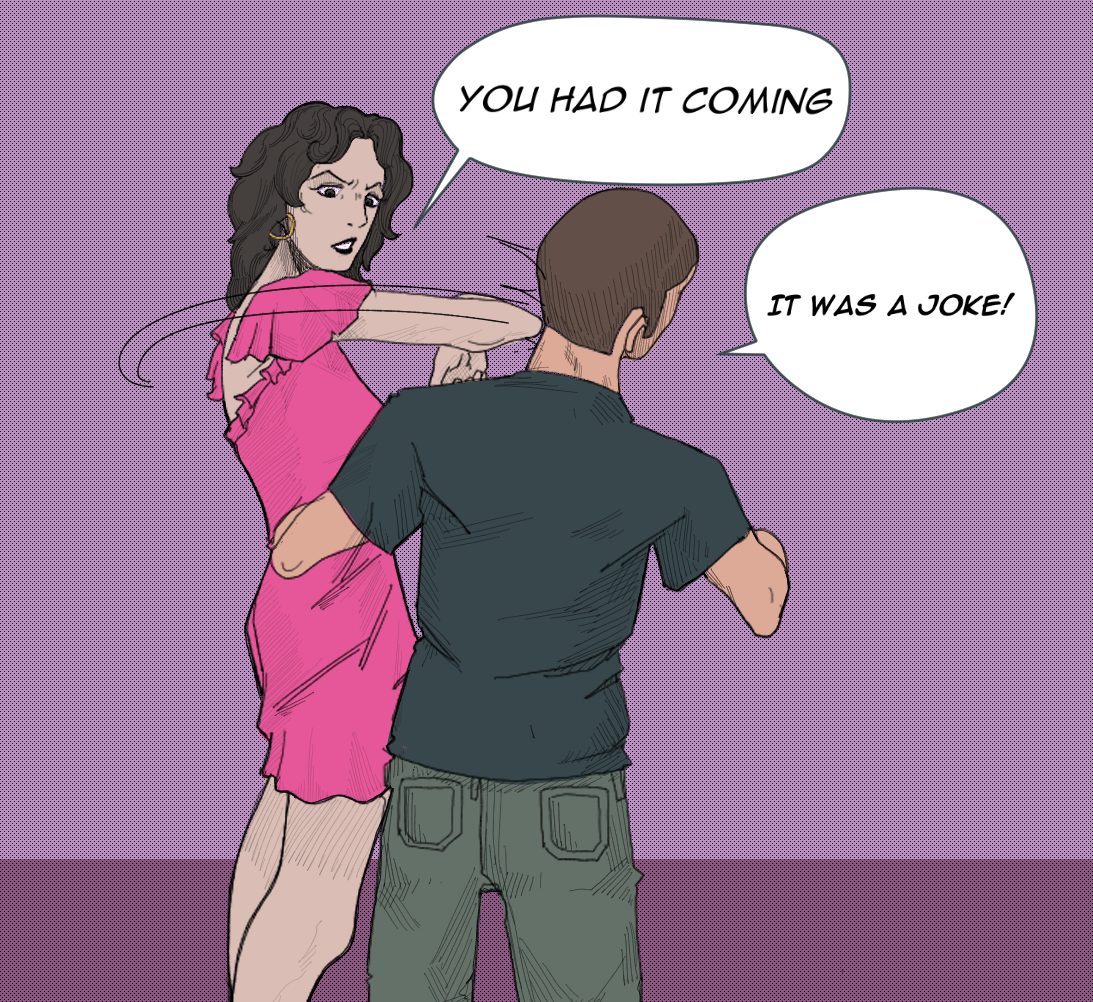Question number nine regarding race on the 2010 U.S. Census has exhumed memories of a painful and embarrassing time in U.S. History.
To some, the decision to include “Negro” as a racial identifier on this year’s census will take America two steps back in the nation’s journey to achieve equality in all aspects of society.
“The N-word branched out of Negro,” said Greg Melvin of Queens when speaking to a New York Daily News reporter, “these days African Americans wouldn’t like the term.”
While opponents of using the term have chosen to torment themselves with thoughts of a buried history mostly unearthed to be discussed in classrooms, at least 50,000 members of American society preferred to look beyond images of segregation and identify themselves as Negroes the 2000 census.
Perhaps 50,000 does not compare to 300 million, roughly the entire U.S. population, but if that is the reason the New York Daily News article has received almost 200 heated responses on the subject, Americans need to step away from their keyboards and ask themselves:
Should the outcomes of our society’s struggles be determined solely through strength in numbers? More importantly, should members of a minority that historically fought to defend the right to self-identity for all ever be silenced?
Jack Martin, a representative of the U.S. Census Bureau, defends the decision to include the term because, “Many older African-Americans identified themselves that way, and many still do. Those who identify themselves as Negroes need to be included,” he said.
Jonathan Pitts-Wiley of NewsOne.com expressed curiosity as to who these 50,000 participants are. “I would like to meet the people beating down the Census Bureau’s door wondering why they as Negroes were left off the form,” he stated. The purpose to the census including several options under the question of race is that individuals should never have to beat down the federal government’s door to be recognized as members of American society.
Other members of the black community worry that the term will negatively affect future generations. “I don’t want my grandchildren being called Negroes,” said Pamela Reese Smith of Rochester. The chances are they won’t.
Backlash from the debate caused by this year’s form has already led to swift action by the Census Bureau. “As an experiment, roughly 30,000 households will receive forms without ‘Negro’ as a pre-written option,” said Nicholas Jones, director of the Census Bureau’s racial statistics branch, as reported by The Washington Post last month.
No matter what option census participants choose, or cross out, Americans are showing their true colors, and they’re not pretty.
Even in the 21st century, more than 200 years since the first national headcount was conducted in the Land of the Free, people are missing the big picture: the federal government uses the census to determine each state’s congressional representation and allocate billions of dollars to services which benefit all members of American society—no matter what they prefer to be called.
These funds, if allocated correctly by accurately including all factions of American society, will help maintain a level of social equality which Martin Luther King, Jr., Mahatma Gandhi, and Cesar Chavez spoke of, but were not fortunate enough to experience themselves.
Americans need to turn their attention away from the minute details that make each of us unique individuals and come together to defend the rights which define us as one great people.







